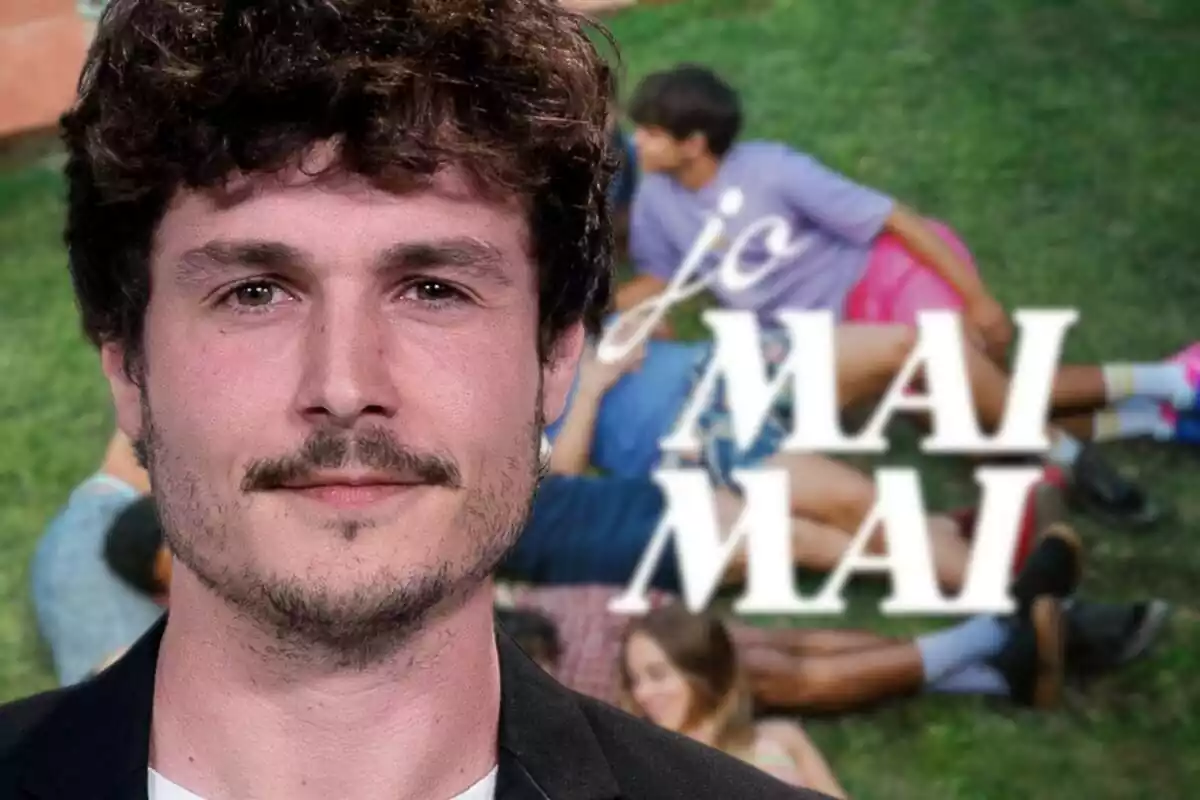
TV3 Gives 2.6 Million to Oriol Soler Again to Relaunch a Failed Series
The Corpo commissioned Abacus for the most expensive series in its history, which turned out to be a ratings failure.
If a series fails, the logical thing would be to reconsider its continuation. But at TV3, they have decided to go against the grain and double down on Jo mai mai, the most expensive series in their history. The first season cost nearly three million euros and failed to captivate the audience.

However, that hasn't stopped the Catalan Corporation of Audiovisual Media (CCMA) from opening the checkbook again. The corpo has hired the company Abacus, led by Oriol Soler, to produce new episodes with a budget of 2.6 million euros.
Despite the splurge, the first installment went unnoticed. Now, TV3 is once again placing its trust in Catalan fiction with the hope that magic will arise from nowhere. Because, what could go wrong if it already failed once?
Abacus, a company led by Oriol Soler, close to ERC, is one of the most favored by the Generalitat's subsidies. It receives up to 5.5 million in public funds. To this, we must add that the Corpo benefited this company with the production of the most expensive series in its history, which turned out to be a failure.
A Debut With a Good Start, But in Free Fall
When Jo mai mai premiered on TV3, with Miki Núñez as one of its most recognized faces, it seemed like it could work. Its first episode achieved 319,000 viewers and a 16.1% audience share, an acceptable figure for a new youth fiction.
However, the mirage didn't last long. In the second episode, the audience dropped to 301,000 followers, losing almost 20,000 viewers and 1.4 share points in just one week. Nevertheless, the worst was yet to come.
The third installment suffered a total debacle, with a loss of more than 100,000 viewers compared to the debut and an audience share that plummeted more than five points. The trend continued until the end of the season, which closed with an average of 11.7% share.

TV3 Insists on a Project Without Public Support
Despite these numbers, the CCMA has decided to give the series a second chance, with a million-euro investment that once again generates debate. The question is inevitable: is it worth spending so much money on a series that has already shown it doesn't interest the audience?
Miki Núñez, one of the big names in the cast, failed to attract enough audience in the first season. Now, with this new installment, TV3 hopes to reverse the situation. However, experience shows that insisting on a product that has already failed can be very costly.
More posts: